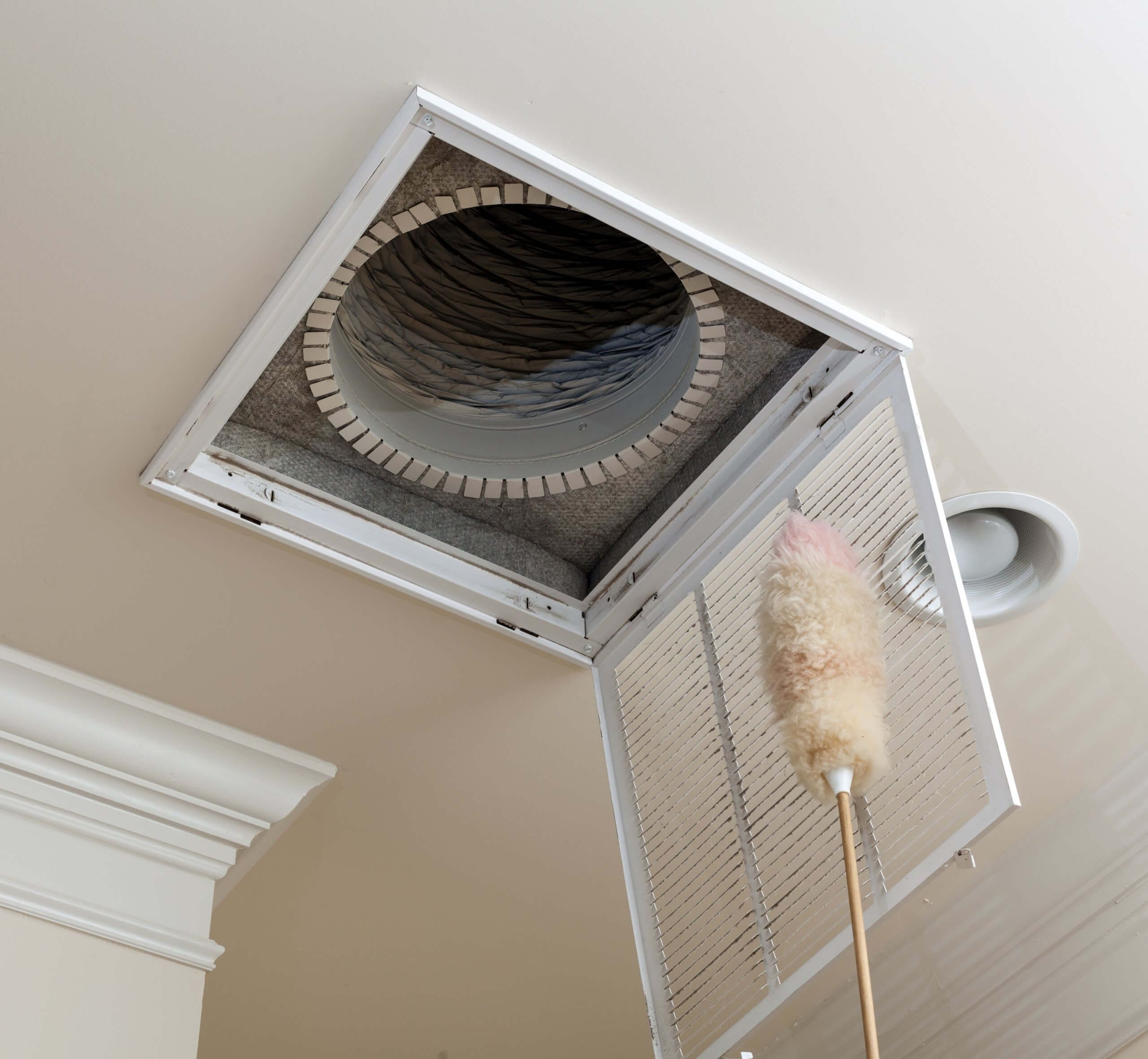Can the air filters in your home negatively impact airflow? Unfortunately, they can. While most rely on air filters to help reduce indoor air pollution, some simultaneously reduce airflow either because they are dirty, inefficient or too efficient. Yes, an air filter can be too efficient. That being said, it’s important to find the right air filter to rid your home for your home of pollutants while maintaining a steady flow of air.
Dirty Air Filters
Dirty air filters significantly reduce airflow making it difficult for your HVAC system to function properly. When air filters become clogged with dust, dirt and other unhealthy particles, undue pressure is put on the A/C fan motor. The fan motor prevents the compressor in your air conditioning unit from overheating. Overtime, this strain can lead to HVAC system failure. This issue can be avoided by changing home air filters regularly. This practice will prolong the lifespan of your HVAC system and save money.
Less Efficient Air Filters
Air filters that are considered low efficiency range from 1-4 on the MERV scale. MERV stands for minimum efficiency reporting value and the scale is used to rate the efficacy of air filters. Low efficiency air filters are generally used for older units that cannot handle filters with a higher MERV rating.
These filters are only capable of trapping larger household debris (e.g. mites and bugs). In other words, their ability to provide quality indoor air is mediocre. Oddly enough, this inability to capture smaller particles and debris promotes airflow. That is until the filter becomes full, which happens at a quicker rate with lower-rated air filters. And, overall, airflow should not be traded for good indoor air quality.
If you must use low efficiency filters, they should be changed every month because you do not want unhealthy particles circulating freely in your home.
Overly-Efficient Air Filters
Air filters that are considered extremely efficient range from 17-20 on the MERV scale. This is also known as HEPA filters. While good for standalone air cleaners and particular uses, this level air filter in the average home system drastically reduces airflow. These filters would better serve a cleanroom or other area that requires little to no contamination and has the system capacity to accommodate such an effective air filter.
The Goal: Filtered Air That Flows Freely
When searching for an air filter, it’s important to find one that traps contaminants while allowing air to flow freely. Residential and commercial buildings both benefit most from MERV 13-16 air filters. This range catches the smallest of particles and larger particles more efficiently, all while maintaining airflow.
If your HVAC system is quite a bit older, low efficiency air filters should be fine as long as they are changed routinely. However, if your HVAC system can handle filters with a higher efficiency rating, we highly recommend installing MERV-13 air filters. They provide protection from dirt, dust and dander while allowing you to breathe without restriction.



